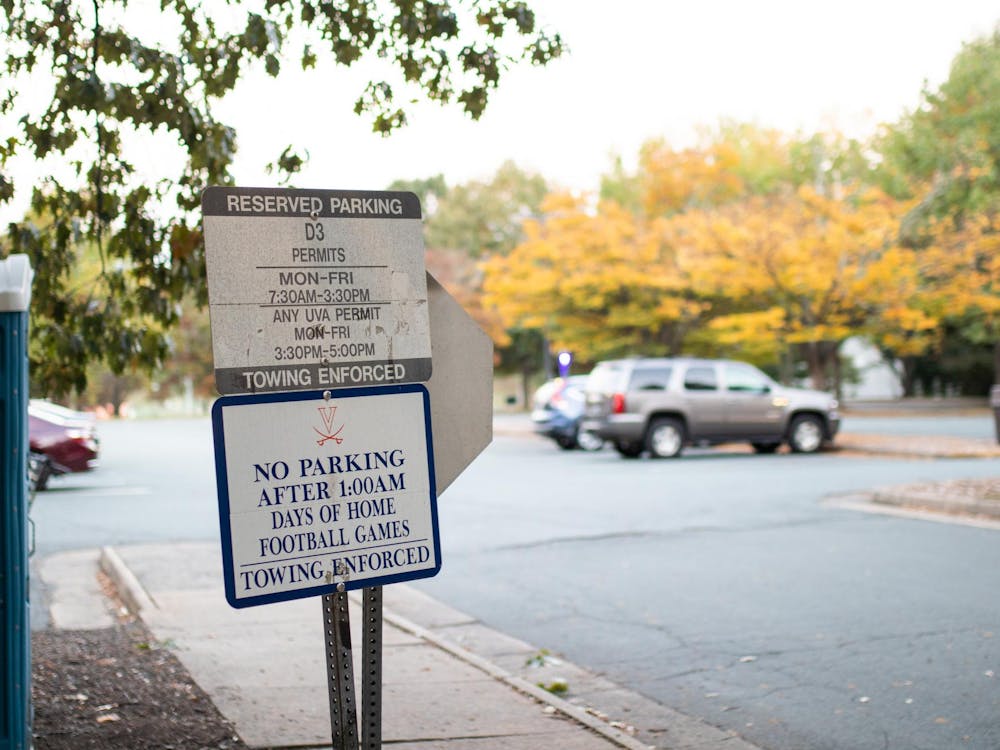An emotional Boston Marathon featured the first American male winner in over 30 years as well as a repeat women’s winner. Other than these headlines, however, and the numerous bombing memorial ceremonies leading up to the marathon, the marathon itself was rather uneventful. This was due in part to the overly stringent regulations that were placed on the marathon this year.
Back in February, the Boston Athletic Association (BAA) announced some changes to the upcoming Boston Marathon. These changes were a direct response to last year’s bombings at the finish line of last year’s marathon, killing three and injuring hundreds. Among the list of banned items included “backpacks, glass containers, any container that can carry more than 1 liter of liquid, vests with pockets…strollers…suitcases and rolling backs…props like sports and military equipment…flags or signs that are wider than 11 inches and longer than 17 inches.” Although these restrictions successfully made the marathon a safer event, some of the regulations that the BAA imposed on this past marathon — and will likely impose on marathons to come — are excessive.
Of the long list, the most reasonable regulation is the BAA’s ban on backpacks, as they were the vessels for last year’s bombs. Yet, even this ban is questionable. We shouldn’t let one act of terrorism lead to a ban that will likely last for decades; rather, this ban should be a temporary, one to three year ban put in place to avoid potential copycat terrorists in the near future. Additionally, potential terrorists would likely find new ways to attack other than using backpacks; thus, this preventative measure would become meaningless in the long-run. It would serve no purpose other than to make life tougher for spectators and competitors alike. Instead of ensuring the safety of the marathon for the initial few years after the bombings, this backpack prohibition could spread to other marathons and take hold as a permanent restriction.
Another more decisive regulation involves the BAA’s ban on bandits, or unregistered runners who run in the Boston Marathon. Bandits have traditionally been a part of the marathon, with thousands joining the race over the years. It is likely that the significance of this year’s Boston Marathon drew more bandits than ever, yet whereas the BAA usually turns a blind eye to keeping bandits off the racecourse, they chose to crack down this year. Although the ban claims to have been put in place for “breathing room for this year’s expanded field of 36,000 runners,” the breathing room could have also been added by increasing the staggering of racers, thus saving space for bandits.
Requirements to enter the Boston Marathon are harsh to begin with. If racers have not met the qualifying times or are not part of the few thousand affiliated with one of the marathon’s official charities, then they cannot compete. This is why there are bandits in the first place. I understand that it may be unfair to those who are serious competitors or running for charity, but bandits have no negative impact on these runners or what they are trying to accomplish by raising money or running a stellar time. Furthermore, some bandits just want to show pride for their city, especially after the events that occurred last spring.
I don’t aim to offend anyone in arguing for loosened restrictions; I understand the obvious necessity of an increase in Marathon security and don’t take the bombings lightly. I was born and raised in the surrounding Boston area. My uncle ran and finished last year’s marathon before bombs went off near the finish line. But, we should not let one act of terror negatively impact marathons to come, and we should push forward while always keeping in mind the tragic events that occurred. Unless the BAA makes efforts to loosen these restrictions now, they could persist for years to come and expand to other marathons as well. It is therefore crucial for spectators and runners to take back some of their personal rights so that these marathons will be a better combination of safety, entertainment, and pride.
Jared Fogel is an Opinion Columnist for The Cavalier Daily. He can be reached at j.fogel@cavalierdaily.com.






